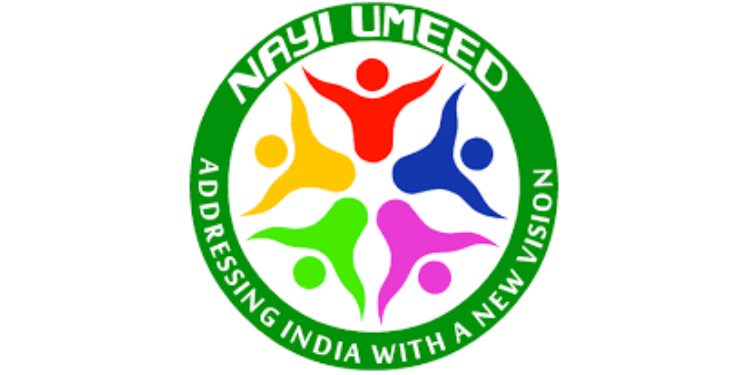
Nai Umeed: An Integrated Education and Livelihood Initiative
Nai Umeed is designed to fill this gap by offering an integrated approach to education and skill development. Our initiative aims to provide formal education and skill training to youth from minority communities, equipping them with the knowledge and skills needed for gainful employment. By focusing on both education and livelihood training, Nai Umeed seeks to uplift economically weaker sections, ensuring that these individuals can participate fully in mainstream economic activities and contribute to India's growth.
Nai Umeed aims to address the high dropout rates and low employability skills among India's minority communities. Despite making up over 20% of the population, minorities, especially Muslims, face educational challenges, with dropout rates significantly higher than the national average. This program seeks to provide accessible education and skill training to improve their employment opportunities.
Objective:
Education and Certification: Provide formal education and certification up to 8th or 10th grade through the National Institute of Open Schooling (NIOS) or other state boards for school dropouts from minority communities.
Skill Training: Offer integrated skill training in market-driven areas such as paramedical work, web development, and more, tailored to future career prospects.
Employment Placement: Aim to place at least 70% of trained youth in jobs with basic wages and social protection benefits like Provident Fund and Employee State Insurance (ESI).
Approach:
Pilot Project: Begin as a pilot to develop strategies for educating and training minorities, with an initial focus on minority-concentrated areas.
Phased Implementation: Roll out the project nationwide in phases, targeting areas with high minority populations.
Project Management: Managed by a dedicated unit within APRUTI WELFARE FOUNDATION, led by experts to oversee various project components.
Program Components:
Integrated Education and Skill Training: A 9-12 month program with at least 3 months dedicated to skill training, offering education and vocational skills simultaneously.
Basic Bridge Program: Certification through NIOS or state boards, allowing participants to complete the equivalent of Class VIII or Class X. Support is provided for multiple exam attempts to ensure success.
Skill Training and Placement: Training based on the National Skills Qualification Framework (NSQF), covering soft skills, paramedical training, IT, web development, and English. The goal is sustainable employment for all trainees.
Beneficiary Criteria:
Targeting 1,000 poor women, men, and Aanganwadi workers from diverse backgrounds (Gen/SC/ST/OBC/minorities) in specific areas of Delhi and beyond.
Beneficiaries must come from families earning less than INR 2,00,000 per annum



